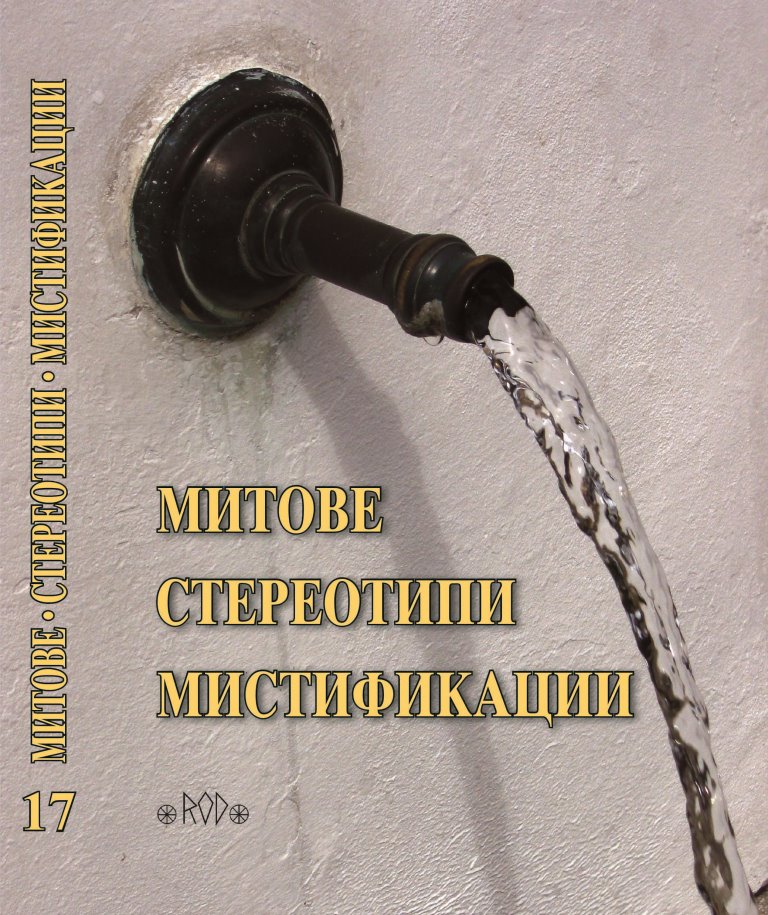Образът на „Червената армия“ в устните разкази и колективната памет
The image of the Red army in oral stories and in the collective memory
Author(s): Nikolay NenovSubject(s): History, Anthropology, Social Sciences, Cultural history, Customs / Folklore, Oral history, Social history, Recent History (1900 till today), Cultural Anthropology / Ethnology, Culture and social structure , WW II and following years (1940 - 1949)
Published by: Асоциация за антропология, етнология и фолклористика ОНГЬЛ
Summary/Abstract: The text presents the changes in the images of the Red Army from oral stories in Bulgaria. The relation between memory and history creates tension in the images reaching us today because they are related to what is absent in the present time and although they use the same resources coming from the past, their functioning is different. Individual memories, collective memories and historical discourse interact and define each other thus constructing, reconstructing and sometimes “inventing” different versions of the past. Nowadays we see the construction of events and the shaping of mass media messages aiming at focusing the empathy people of different generations with the memory of the past on the heroic aspect only – the victory over Hitlerism. “The Immortal Regiment” initiative is a form of ritual resurrection of significant deceased – through it not only the heroes are rationalized as (“eternally”) living, but at the same time the conditionally “neutral” Soviet soldiers are turned into significant ones even for the people in Bul¬garia, therefore indisputably opposing to the image of the “Red Army soldiers”, which are not only insignificant – anonymous and without image, but are also burdened with negative connotations in memory. That way, by constructing images from the past (as it is not clear whether the people in the photographs were real participants in the war, real heroes), considering also the absence of personification of the heroes and the idea of achieving large numbers of people at which the procession with the photographs aims, the topic of the Soviet Army acquires new meanings. The event has an effect on the already existing image shaped by the memories, and gradually changes it. That is the reason why the oral stories about the time the Red Army was in Bulgaria are more important for us, as much as the memory (of the local community) is seen as a matrix of history containing concepts affecting the present related to the past (Ricoeur 2006). Oral stories have the expressiveness of the narrative of witnesses, the power of the first-person story; such stories, when shared with the next generations, happen to be the most important part of the history, knowledge of the recent past that may fade in people’s memories but is preserved as a document of the period.
Journal: Годишник на Асоциация за антропология, етнология и фолклористика »Онгъл«
- Issue Year: 2019
- Issue No: 17
- Page Range: 86-101
- Page Count: 16
- Language: Bulgarian
- Content File-PDF

